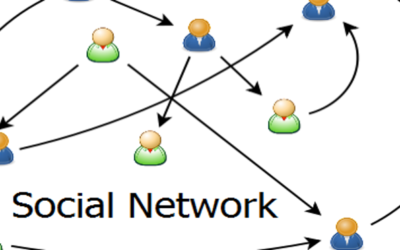I’ve been out recently, presenting the scientific research behind cognitive interaction programs for individuals with cognitive impairments like Alzheimer’s disease. Inevitably, individuals who hear the presentation get really excited about the possibilities and wonder why they haven’t heard about these types of options from their family doctors. The answer is simple. When I speak with medical professionals, many of them are unaware of the research and skeptical until they dig into the research and satisfy themselves that cognitive interaction is a viable option to delay the progression of the disease and improve quality of life. Then they too begin to see the possibilities. Part of the problem is getting the message out that cognitive interaction can make a difference.
Recently I was discussing our cognitive interaction program with a doctor who has a large senior population in his practice. One of his comments really struck me. He said, “Maybe we don’t try hard enough with individuals in the mid to late stages of Alzheimer’s disease.” This brought to mind a story I read of a woman in England whose mother had been diagnosed with Alzheimer’s disease. She made a conscious decision not to despair and to choose hope. She started an Art program for her mother and over time her mother re-gained her artistic abilities. This program was the genesis for an Art program which is now being offered to many individuals who have been diagnosed with Alzheimer’s disease.
There is a culture of despair that surrounds the diagnosis of Alzheimer’s disease. Family members often feel helpless and those with the diagnosis feel like everyone has given up on them. But cognitive interaction programs can improve cognitive functioning or delay the progression of the disease. Most importantly, cognitive interaction improves quality of life – and in the end that is vitally important to all of us. Cognitive interaction gives us the opportunity to choose hope.
The science is there, and the practical examples are growing. Cognitive interaction is a powerful therapy. But it’s still a new tool for most of the caregivers and medical professionals we rely on for options. Like the doctor above came to realize, we owe it to those we care for both to understand the science and to try harder.




0 Comments